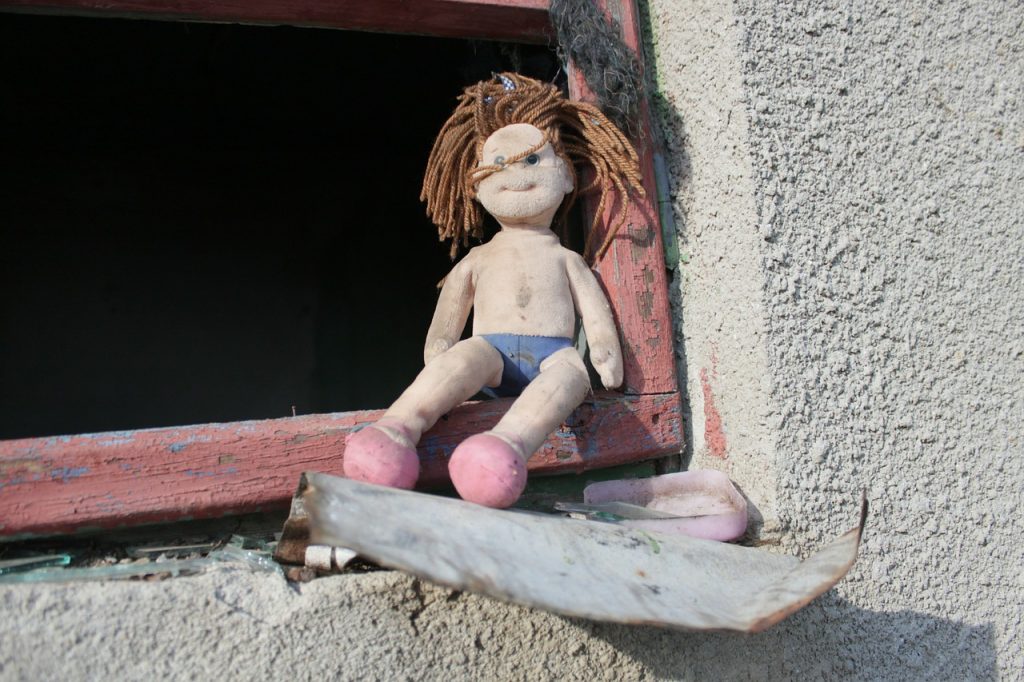 Bereavement can occur without warning at any time of our lives and it’s important to understand how as a nanny, you can help the children in your care deal with the losses that they may face.
Bereavement can occur without warning at any time of our lives and it’s important to understand how as a nanny, you can help the children in your care deal with the losses that they may face.
Loss can be exceptionally difficult for children to understand as they are not always able to process the emotions and thoughts that follow, which is why it’s important that children have a strong support network at times of great upset.
Bereavement can be the death of a loved one, a friend or a pet, it could also be the loss of someone close to them, which can often be a result of divorce or separation of a child’s parents.
To help you further help the children in your care deal with the losses they face, we’ve put together the following advice:
- Be there – Simply being there for a child suffering from loss can make the world of difference. Letting them know that they have someone to count on, who’s willing to listen or even distract them will be beneficial as they process their grief.
- Listen and understand – Just as with adults, not all children will react the same way to loss. Some may cry and be upset, others won’t. Some may ask a lot of questions, others may want to be left alone. Give your child time to come to terms with their own emotions and don’t push them to react the way you’d expect.
- Explain that it’s ok to feel confused, upset and angry – Without pressuring your child, you can still explain to them that it’s ok to talk about and express how they feel. Talk about your own feelings to let them know that grief affects adults too. For very young children, you could try using crafts and painting, so they can show you how they feel.
- Explain if things will change – It’s important to prepare a child as best as possible for what happens next. This could include things like funerals, different living arrangements, different routines. Anything that will change because of their loss. Knowing about it sooner will give them more time to process the changes.
- Encourage sharing of memories – Show your child that it’s important to remember someone even after they’re gone. You could exchange your favourite stories about the person/animal you’ve lost, paint or draw pictures of them, and look at photos or videos and talk about the things you remember.
- Explain about funerals – If your child will be attending a funeral or other ritual, it’s important to explain what things will be like and what they might see, in as child-friendly a way as possible.
- Communicate – Talk to the child’s parent/guardian to ensure that you’re consistent and supportive of the child’s needs.
Remember that you can also get help dealing with bereavement from your local GP as well as agencies or support groups who specialise in grief and loss.
